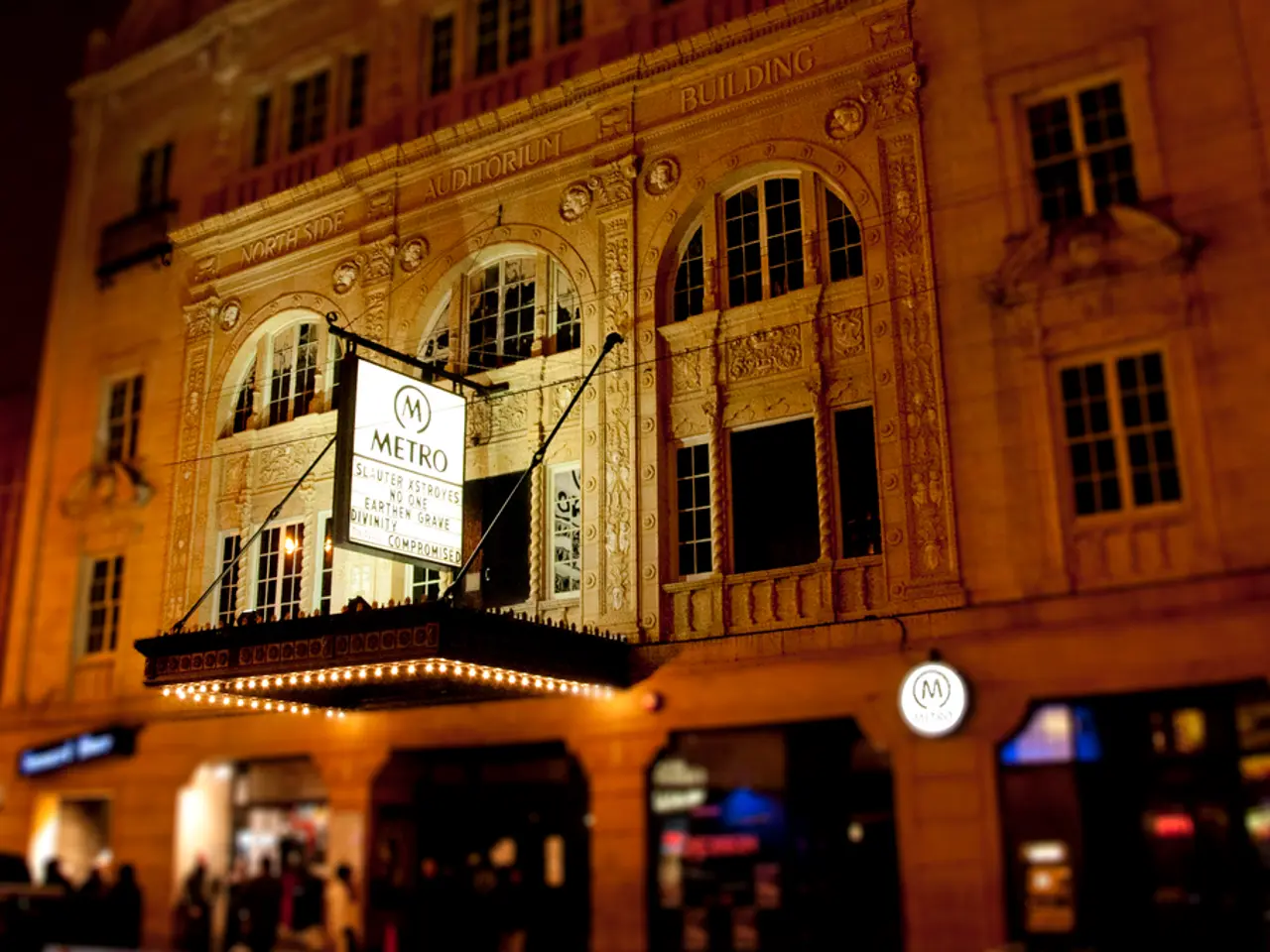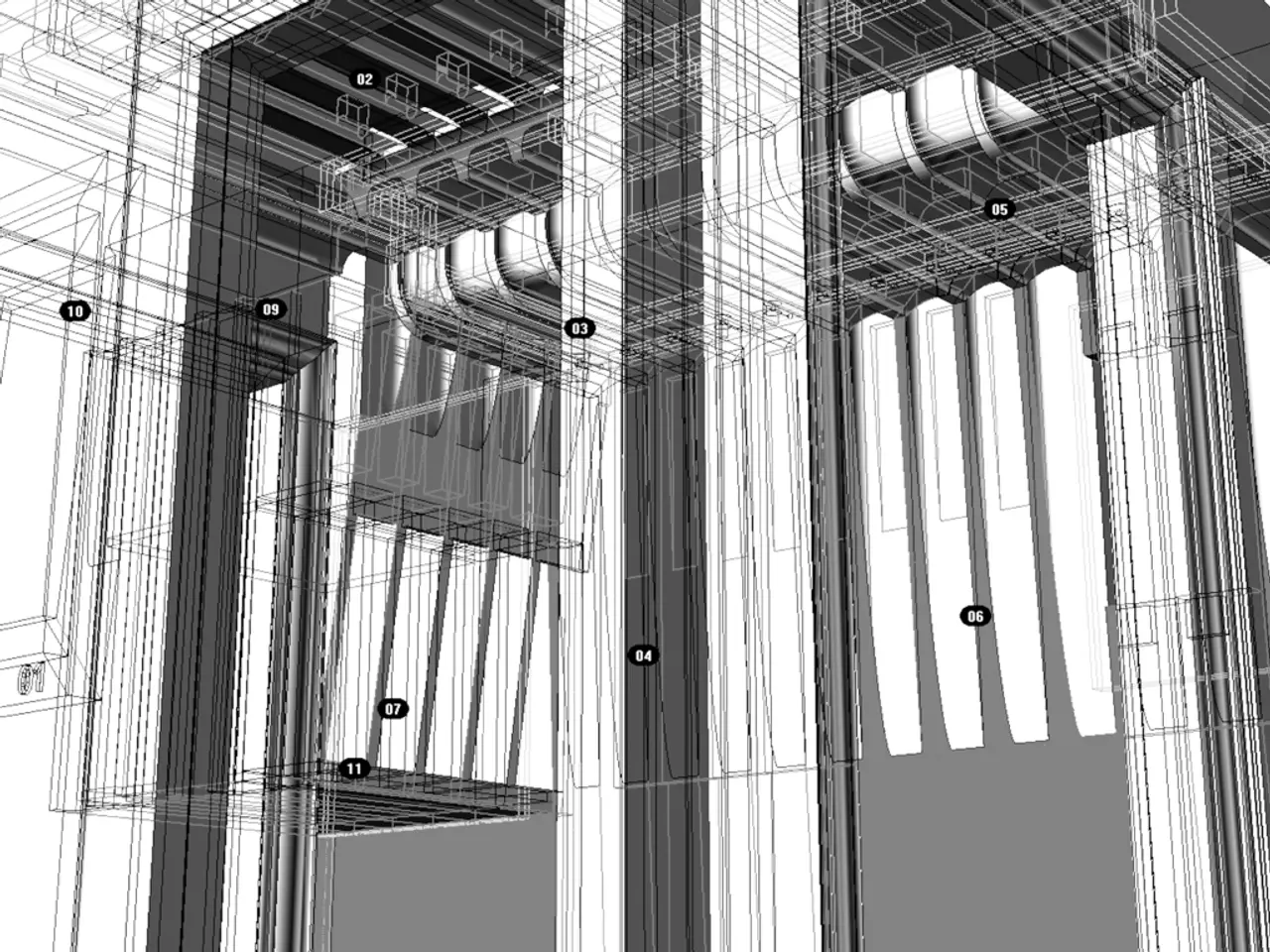Century-long Gewoba Anniversary - Celebration and Display at Bremen City Hall
In the heart of Bremen, the Lower Town Hall is currently hosting an anniversary exhibition commemorating Gewoba, a pioneering housing company that has been shaping the cityscape for a century. The exhibition runs until October 12, 2024, and is free for all visitors, open weekdays from 10 am to 6 pm, and Saturdays from 10 am to 4 pm.
Established in 1924 with the aim of creating affordable housing for workers and employees, Gewoba has played a pivotal role in developing social housing in the Bremen and Bremerhaven regions. The company's first major housing construction project, the "Gewerkschaftsblock" in Gröpelingen, built between 1924 and 1929, is considered the starting shot for social housing construction in Bremen.
Gewoba's history is marked by significant milestones. In the aftermath of World War I, the company was established to address housing shortages and improve living conditions in Bremen. Post-war reconstruction saw Gewoba rebuilding homes and communities damaged or destroyed during the conflict. Projects like the Gartenstadt Vahr and the Neue Vahr, created in the 1950s, not only provided thousands of new apartments but also set urban planning standards.
The company's focus on sustainable building, modernization of existing housing stock, and innovative residential projects that cater to a broad range of residents, including low-income families, has been a constant theme throughout its history. In recent decades, Gewoba has focused on renovating and modernizing older housing complexes to meet contemporary standards for energy efficiency and livability.
The 1980s marked a turning point for Gewoba, as it became part of Neue Heimat, a trade union-owned organization that experienced economic decline. However, the Bremen Senate attempted to separate apartments and properties from Neue Heimat and eventually acquired them in 1987, securing Gewoba's future as a municipal housing company.
The paradigm shift in the 1980s led to criticism of large-scale settlements, but Gewoba continued to shape the cityscape with projects such as the Osterholz-Tenever settlement and the Columbus Center in Bremerhaven in the 1960s and 1970s. Despite the difficult phase during the Nazi era, when Gewoba had to adapt to political upheavals and was renamed twice, the company persevered and continued to provide affordable housing.
Housing projects such as the Focke-Wulf settlement in Hastedt, created for the workers of the armaments industry, and the Gartenstadt Grünhöfe in Bremerhaven, which became a nationwide model for numerous large-scale settlements after World War II, are testament to Gewoba's resilience and commitment to its mission.
Today, Gewoba is considered a modern housing company, actively working to meet the needs of a growing city while also being a pioneer in climate protection. The company's centennial celebration, held on October 10, 2024, in Upper Town Hall, was attended by Mayor Andreas Bovenschulte and Senator Özlem Ünsal for Building, Mobility, and Urban Development, underscoring the importance of Gewoba's work in securing affordable housing for all and creating future-proof districts in the coming decades.
Gewoba's involvement in shaping the housing market of Bremen extended beyond social housing, as it also made investments in the finance sector to fund its real-estate projects, ensuring a sustainable lifestyle for many residents.
The company's visibility in the housing market is not limited to Bremen; it also expanded its influence to Bremerhaven, contributing to the development of home-and-garden neighborhoods through its innovative residential projects.
In recent years, Gewoba has been proactive in investing in the modernization of its existing housing stock, particularly focusing on energy efficiency and livability, positioning itself as a leader in sustainable real-estate solutions in the 21st century.




